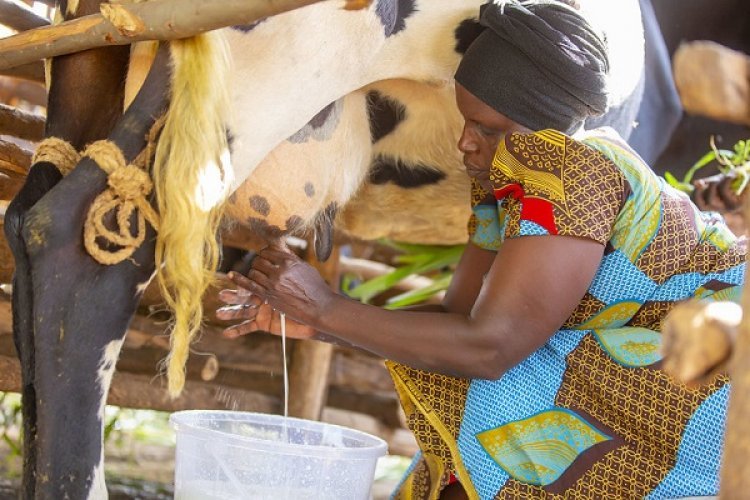Fuel prices in Rwanda have shot up by Rwf135 and Rwf101 per litre of diesel and petrol respectively to Rwf1,503 and Rwf1,406 in what’s predicted to send prices of goods rising as producers and manufacturers factor increased production and transport expenses in costs.
This is yet another rise after petrol and diesel prices had increased for the fourth consecutive time to Rwf1,359 and Rwf1,368 respectively on April 4.
The latest changes come into effect this Friday June 10, announced minister of infrastructure Ernest Nsabimana.
Usually, producers, manufacturers like suppliers react to increased pump prices by transferring additional costs occasioned by high production and transport costs to end consumers.
This could heighten cost of both local and imported goods, which had already spiked according to the April Consumer Price Index (CPI), the gauge of changes in the cost of living in the country.
READ: Rwanda inflation hits 10.5pc as food, energy costs soar
The National Institute of Statistics is expected to release the May inflation report this week.
However, the treasury indicated in the Budget Framework Paper presented to Parliament on May 19 that inflationary pressures are expected to remain elevated in 2022 and beyond in view of the ongoing Russia-Ukraine crisis.
Therefore, further rise in commodity costs means the low income and poor households will struggle to put food on table while equally having to foot other bills such as rent, transport, school fees and utilities, among others.
Subsidy
However, while announcing the new fuel tariff Thursday, Infrastructure Minister argued that the situation would have been much worse had government not offered subsidy to cushion consumers.
Mr. Nsabimana said fuel costs were expected to rise by Rwf351 and Rwf317 on a litre of diesel and petrol respectively, which would have seen pump prices shoot to corresponding Rwf1,719 and Rwf1,676 a litre.
“Government is covering Rwf200 per litre. We have dedicated Rwf14 billion to the fuel subsidy scheme over the next two months, as a result,” he said.
He said that government expects the subsidy to cushion consumers against the effects high cost of transport as a result of hiked fuel costs would have of prices of consumer goods.
Besides, the ministry indicates that government has been foregoing fuel levies and offering top up on commuter fare to the tune of over Rwf44 billions since last year. It will maintain the subsidy for more months, said Nsabimana.





